Chittagong Beach Ship Breaking Yards, Bangladesh
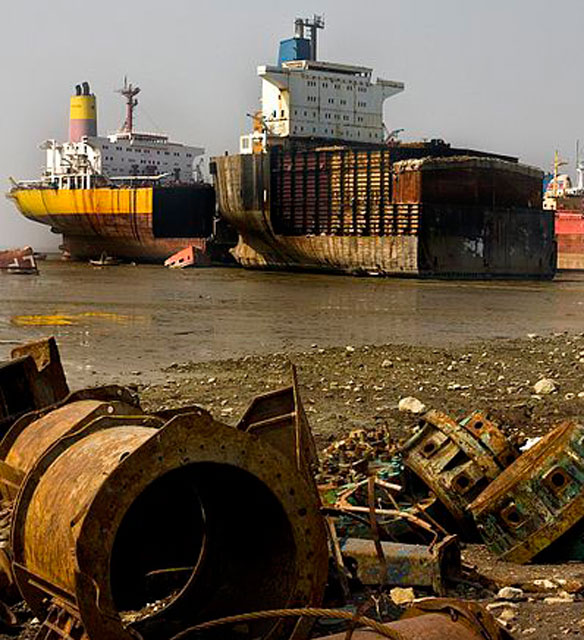
Stretched along 12 miles of what just a decade ago was a pristine sandy beach, ore carriers, container ships, gas tankers, cruise liners and cargo ships of every size and description are being dismantled by hand in 140 similar yards, at Chittagong beach Ship Breaking Yard, Bangladesh, the world’s second largest ship breaking area. Every year more than 250 redundant ships, many from Britain and Europe, come here to be broken up.
Pollution for the Sake of Economic Growth
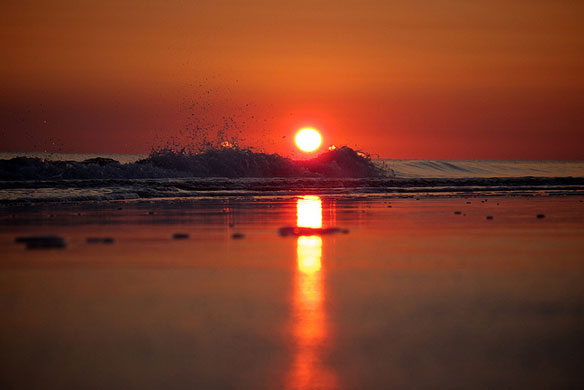
Rapid economic growth will continue to be energy-intensive and highly polluting for the foreseeable future, adding to environmental harm on a global scale and having a tremendous impact on ecological systems, according to a study that looked at a decade’s worth of data from 30 Chinese provinces to build a comprehensive model of pollution.
Wind Pushes Plastics Deeper Into Oceans, Driving Trash Estimates Up
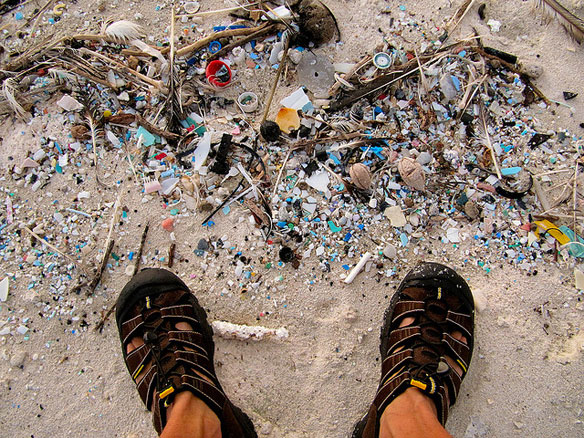
After taking samples of water at a depth of 16 feet (5 meters), a researcher at the University of Washington, discovered that wind was pushing plastic particles below the surface. That meant that decades of research into how much plastic litters the ocean, conducted by skimming only the surface, may vastly underestimate the true amount of plastic debris in the oceans.
Whale Found Dead in Washington, Had Swallowed Marine Debris
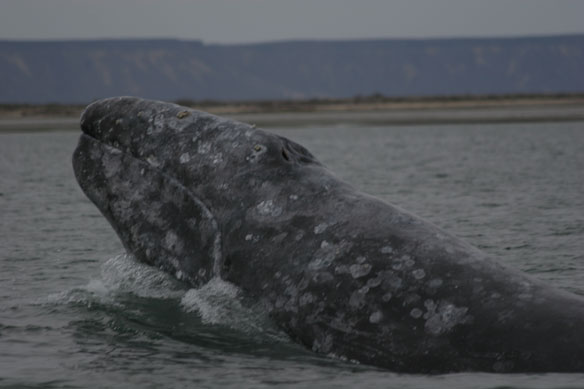
A gray whale found dead in Washington state’s Puget Sound had been feeding on shrimp and also had some debris, including pieces of rope and plastic, golf ball and some flat spongy material found in its stomach NOAA Fisheries said.
Oil spilled in Russian Arctic
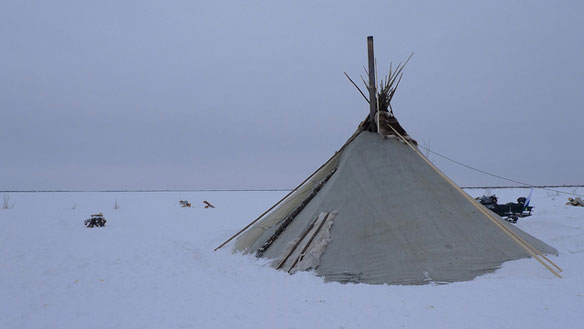
An oil spill in the Russian Arctic at the Trebs field, affected an area of up to 8,000 square meters after workers tried to open an old well, causing oil to gush uncontrollably for 37 hours, spurting out up to 500 tonnes of oil per day.
China, Iceland Announce Deal on Oil-Rich Arctic
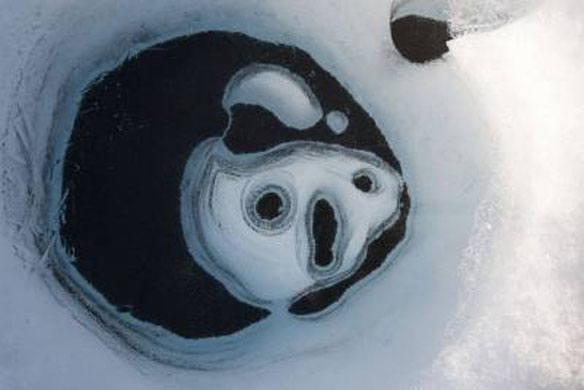
China and Iceland announced a deal on the oil-rich Arctic region Friday after Chinese Premier Wen Jiabao flew in to Reykjavik on the first stage of a four-nation European tour…
Plastic Garbage in Oceans: Understanding Marine Pollution from Microplastic Particles

Plastic bottles washed on to the beach are as much a part of the coast as the sound of seagulls. What the eye does not see are the innumerable ultra-small plastic objects which float in the water, are washed on to the beach or settle on the sea bed. The majority of microplastic particles are smaller than a grain of sand or the tip of a needle. It is this property that also makes them so dangerous to the sea dwellers…
Arctic Oil Rush Will Ruin Ecosystem, Warns Lloyd’s of London
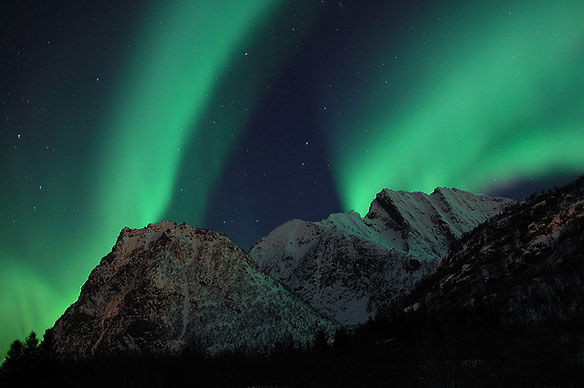
Insurance market joins environmentalists in highlighting risks of drilling in fragile region as $100bn investment is predicted
More Rena Debris Washes Up, New Zealand
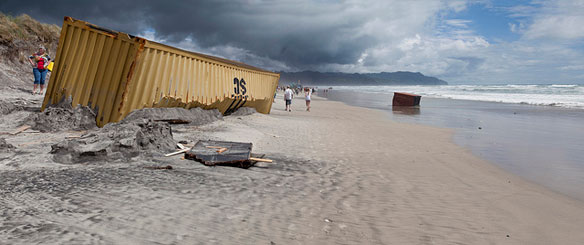
Debris from the Rena has started washing up on the Coromandel Peninsula, after the aft section of the vessel plunged further into the sea yesterday.
